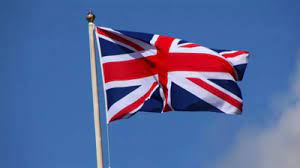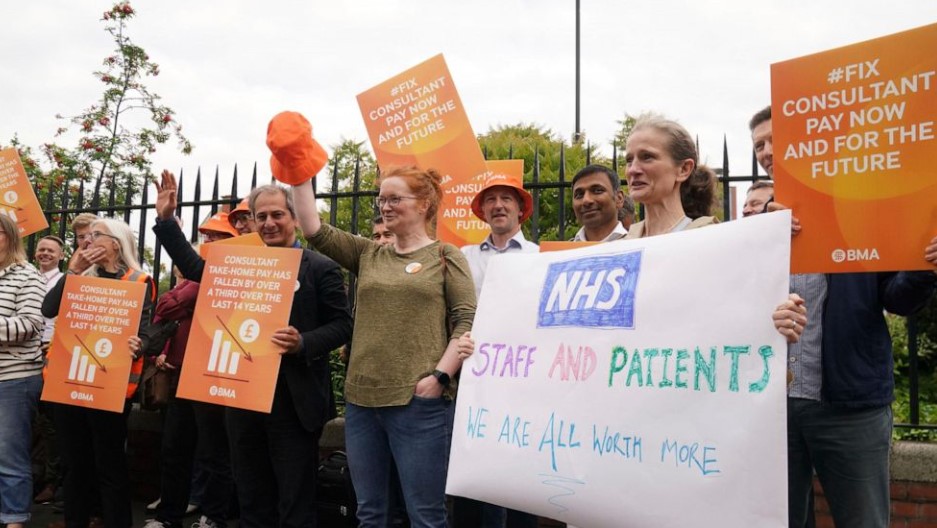UK economy exits recession ahead of election
- Economy
- No Comment
- 346

Britain exited a shallow recession with better-than-expected growth in the first quarter, official data showed Friday, in a boost to embattled Prime Minister Rishi Sunak ahead of this year’s election.
Gross domestic product expanded 0.6 percent in the first three months of this year, the Office for National Statistics (ONS) said, noting strong growth in service industries and car manufacturing.
That beat market expectations of 0.4 percent and marked the strongest performance since the fourth quarter of 2021, helping send London’s stock market to yet another record peak.
The economy had suffered two successive quarters of slight contraction in the second half of last year, meeting the technical definition of a recession on the back of elevated inflation and a cost-of-living crisis.
“There is no doubt it has been a difficult few years, but today’s growth figures are proof that the economy is returning to full health for the first time since the pandemic,” said finance minister Jeremy Hunt.
“We’re growing this year and have the best outlook among European G7 countries over the next six years,” he insisted.
However, Labour finance spokesperson Rachel Reeves slammed the government’s stewardship of the economy, which has been blighted by the cost-of-living crunch.
“From no growth to low growth — is that really the scale of the Conservatives’ ambitions? Food prices are still high, families are paying more on their monthly mortgage bills and working people are worse off,” said Reeves.
– ‘More optimistic period’ –
Friday’s data came one day after the Bank of England kept its main interest rate at a 16-year high, but hinted at a cut over the summer as inflation cools further — and forecast emergence from recession in a bright outlook.
“The government will be hoping to take advantage of this in the lead up to the general election, however, there are still factors, such as productivity and manufacturing struggles, that will weigh on economic growth for some time.”
GDP shrank by 0.3 percent in the fourth quarter of 2023 after contracting 0.1 percent in the prior three months, the ONS confirmed Friday in unrevised data.
The Bank of England on Thursday left borrowing costs at 5.25 percent, the highest level since 2008, which hurts borrowers but boosts savers.
“We need to see more evidence that inflation will stay low before we can cut interest rates,” said BoE governor Andrew Bailey.




